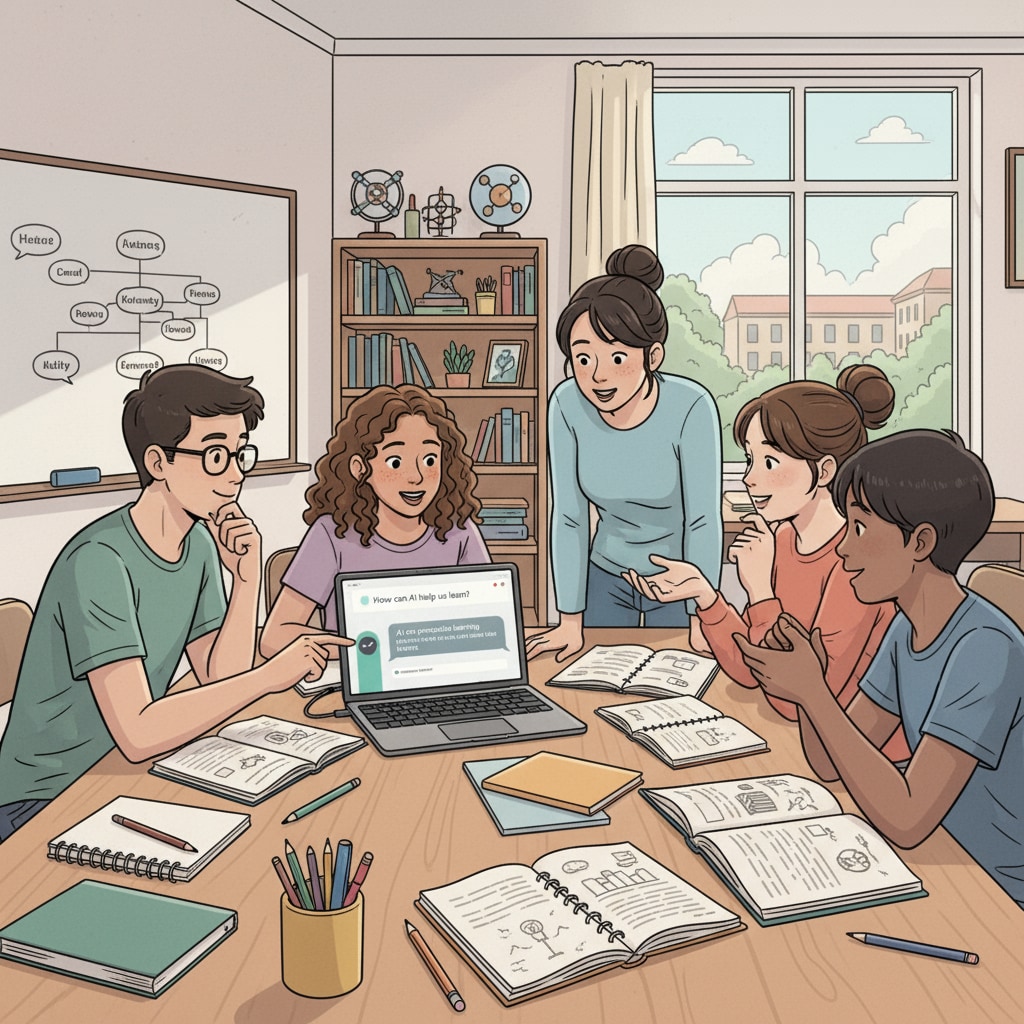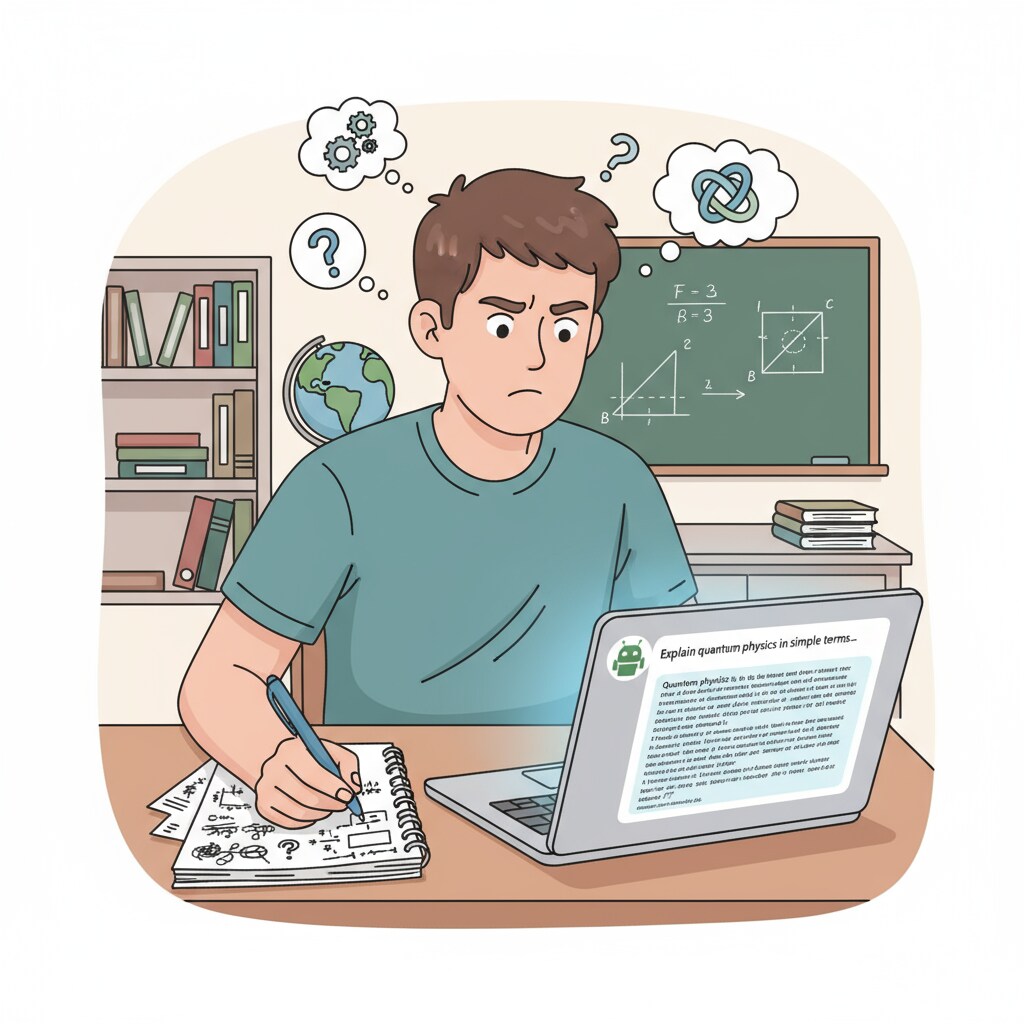As the wave of artificial intelligence sweeps across the educational landscape, ChatGPT has been regarded as a revolutionary educational tool. However, it also has significant learning limitations when applied in K12 education. Let’s explore these limitations in detail.

The Hurdle of Dialogue Continuity
One of the prominent limitations of ChatGPT as an educational tool is its insufficient dialogue continuity. In a learning environment, especially for K12 students who are still developing their understanding, seamless dialogue is crucial. For example, when a student is exploring a complex topic, a continuous and coherent conversation can deepen their comprehension. However, ChatGPT often struggles to maintain this flow. As a result, students may find it difficult to build a comprehensive understanding of the subject matter. According to ChatGPT on Wikipedia, its architecture has certain constraints that affect the smoothness of long – term interactions.

The Absence of Personalized Teaching
Another major shortcoming is the lack of personalized teaching methods. Every K12 student has unique learning needs, paces, and styles. An effective educational tool should be able to adapt to these individual differences. ChatGPT, unfortunately, offers a one – size – fits – all approach. It cannot fully understand the specific strengths and weaknesses of each student. Therefore, it may not be able to provide targeted guidance. For instance, a student who is struggling with math concepts may need step – by – step, personalized explanations. But ChatGPT’s responses may not be tailored to meet such specific requirements. As per Artificial Intelligence on Britannica, the development of truly personalized AI in education is still in its early stages.
Moreover, ChatGPT lacks an effective incentive mechanism. In K12 education, motivation plays a vital role in a student’s learning process. A good educational tool should be able to encourage students, celebrate their achievements, and keep them engaged. However, ChatGPT fails to provide this emotional and motivational support. This can lead to students losing interest in learning, especially when they encounter difficulties.
Readability guidance: We have explored the limitations of ChatGPT in K12 education, such as dialogue continuity issues and lack of personalization. Educators need to be aware of these drawbacks and use ChatGPT and other AI tools with caution. By understanding these limitations, we can better integrate technology into education and ensure that students receive the best possible learning experience.


